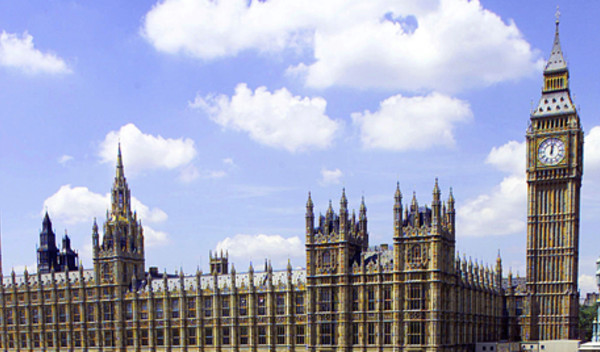

MPs are to look into whether today’s retirement generation have accumulated more wealth and public benefits that younger generations will ever do.
The work and pensions select committee will examine whether the current generation in or approaching retirement have, over the course of their lifetimes, enjoyed and accumulated more housing and financial wealth, public service usage, and welfare and pension entitlements than more recent generations can hope for.
MPs will also examine whether any disparity is a consequence of government policies, such as the “triple lock” which protects pensioners’ incomes, and/or broader economic and demographic trends.
Labour MP Frank Field, chairman of the committee, said: “Is it fair and affordable to divert a large and growing sum of public expenditure toward pensioners - regardless of their circumstances - while mainly poor families with children face year-on-year restrictions on their income?
“Can the triple lock pension increase pledge be sustainable? Or are these policies necessary to guard against pensioner poverty?
“The select committee hopes to learn from voters of all ages what they believe to be both fair and affordable, so we can propose ways of restoring confidence across all generations in the welfare state.”
The inquiry will consider steps which could be taken to address any intergenerational unfairness.
Roger Tull, a financial adviser at Positive Solutions, said: “Older people much more likely to vote than younger people, so this skews things.
“MPs should look at quantitative easing, as this inflates property prices which are exacerbated by the housing shortage so it’s hardly surprising that the older generation are accumulating wealth.
“The committee should look at the broader span of policy and what it is going to do about the triple lock and the housing shortage. Giving people the additional means to buy is useless if there is no supply as you are not solving the problem.”
Figures quoted by the committee showed the group born in the middle of the baby boom have been forecast to receive from the welfare state 118 per cent of what they contributed while younger people will have less wealth at each point in their lives than earlier generations had at the same age.
Carlton Hood, customer director at Old Mutual Wealth, said: “While it is a worthy debate, politicians have only limited power to address these issues.
“We are entering an era of personal responsibility, with less reliance on state support, and it is important that individuals take responsibility for their own finances and create prosperous lives for themselves and their families.”
The deadline for written submissions to the inquiry is 19 February 2016.



